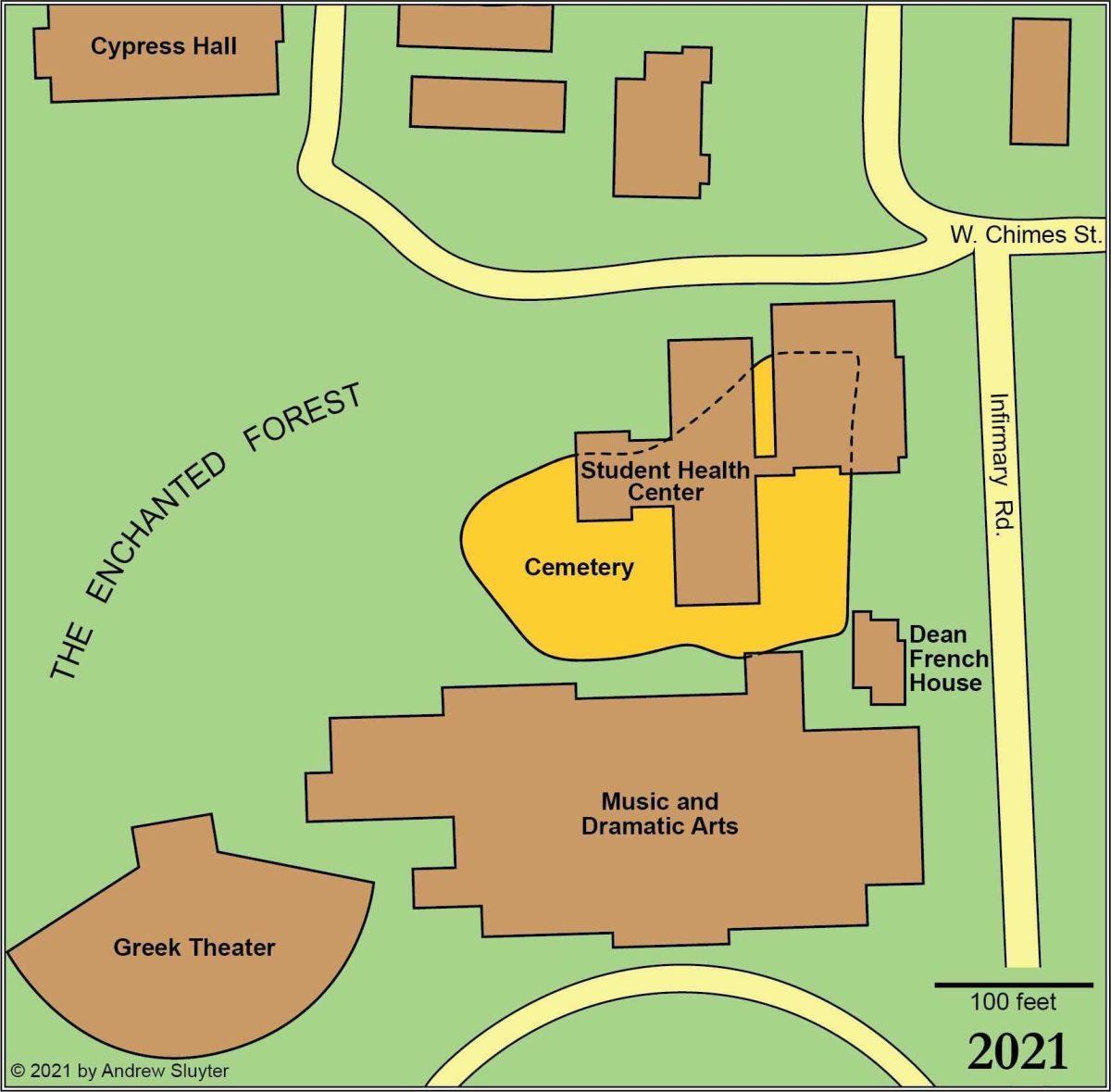Louisiana State University sits on the land of three former plantations, Gartness, Magnolia Mound and Nestle down, where anywhere from 80-100 were enslaved at any given time.
You wouldn’t know it walking around campus.
Two professors on campus are working to change that reality.
I talked to History Professor John Bardes and Geography Professor Andrew Sluyter about their work to further educate members of our campus community on the place in which we adore as campus.
Dr. Sluyter noted how the obscuration of the past of the grounds of the university were done explicitly on many southern campuses including LSU.
The average LSU student is not aware of the history of the land in which they study on for the formative years of their lives.
Recently the university highlighted Sluyter’s recently announced Carnegie Fellowship which gives him $200,000 to help universities understand the histories of their campuses and how to reckon with the those realities today.
“Every university, every college is going to have the same kind of relationship to that past,” said Sluyter “and we’ll need to deal with it in particular ways.”
Sluyter hopes to use the grant to make the university a model for other schools across the country about how to recognize and respect their past.
While Bardes works to educate students on the history of the peculiar institution and its ties to the university and Baton Rouge in his Slavery in Baton Rouge course.
“My students in my slavery in Baton Rouge class are actively trying to recover the stories of enslaved people who were held in bondage in bondage.” said Bardes, “On the land, it would become LSU’s campus.”
The course will next be offered in the spring semester.
These are stories that the university and members of the university community are increasingly confronting with the intersection of Sluyter’s Carnegie Fellowship, Bardes’ Slavery in Baton Rouge course and the university’s potential entrance into the Consortium of Universities Studying Slavery following a resolution being considered by the Faculty Senate.
The university and its physical place have a rich history and continuing to study and address that history should be an important part of what Louisiana State University does as the state’s flagship higher education institution.
Bardes’ Slavery in Baton Rouge course — HIST 3118 — Is a good starting point for anyone interested in learning more about people held in bondage on our campus and I encourage students from every major to at least consider it.
Charlie Stephens is a 21-year-old political communication senior from Baton Rouge
Opinion: Understanding the full history of the land that became LSU
July 5, 2022






